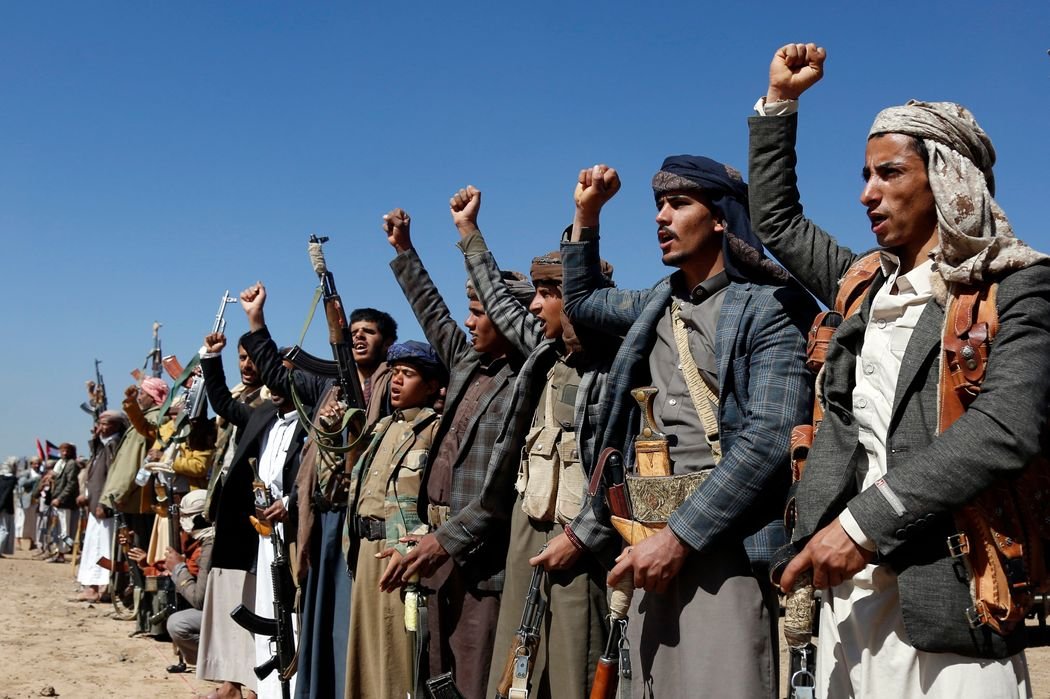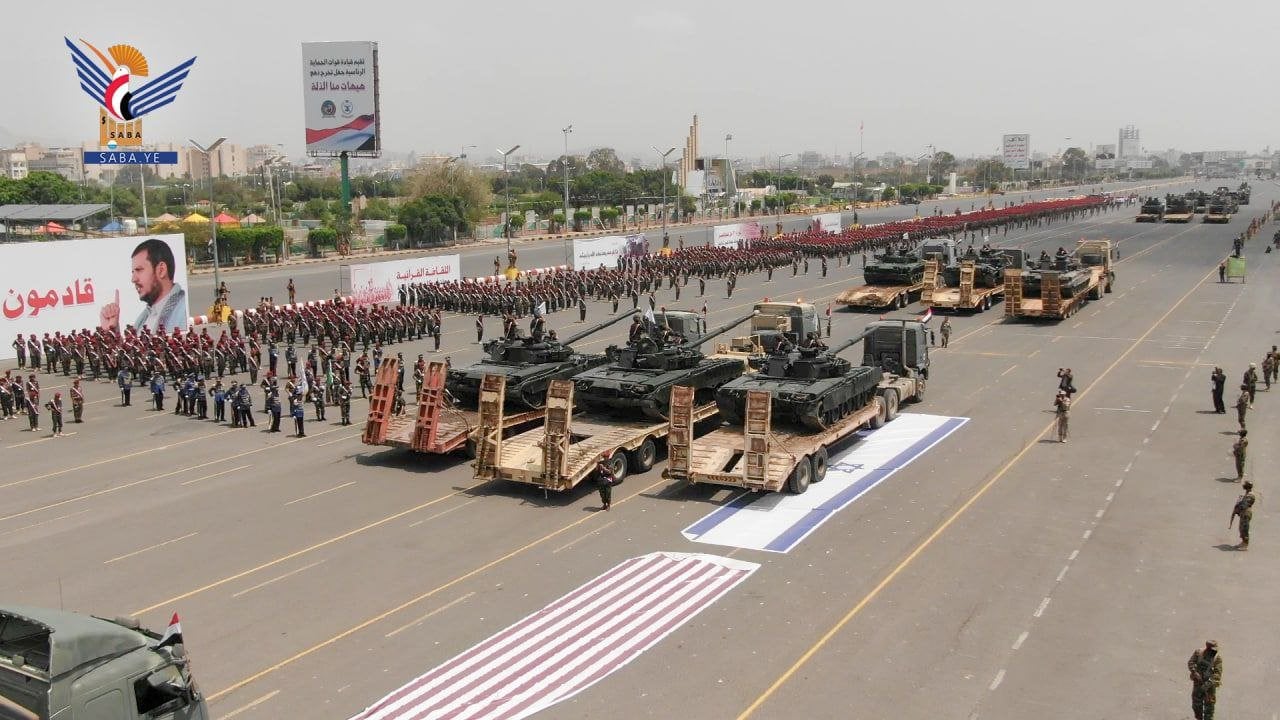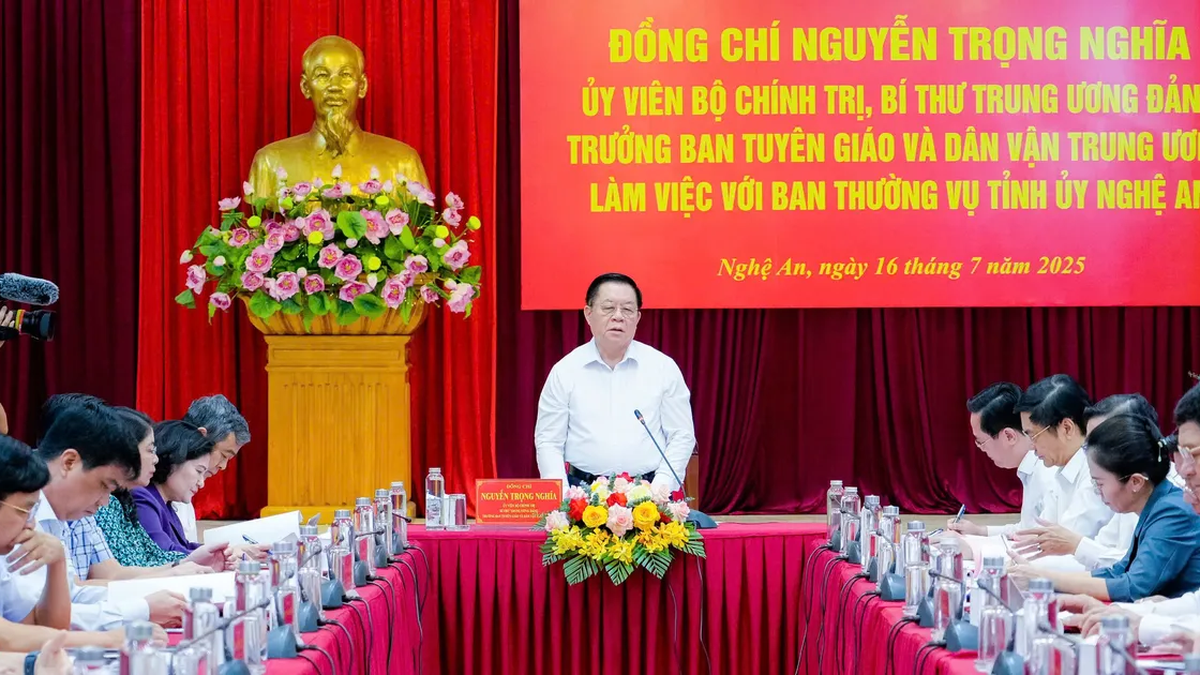The designation of the Houthis as a global terrorist organization would reverse a decision made earlier in President Joe Biden’s term. The State Department removed the Houthis from the list in February, citing concerns that it would hurt prospects for peace talks and further cripple the economy of Yemen, an impoverished country at risk of famine.

Houthi fighters protest against the US and UK strikes on Houthi-run military sites near San'a, Yemen. Photo: WSJ
The administration of former President Donald Trump first designated the Houthis as a terrorist organization in December 2021.
The designation prohibits any person or company in the United States from providing any form of support to the group and bars Houthi members from entering the United States. It also requires U.S. financial institutions to freeze any funds they hold that belong to or are under the control of the Houthis.
Last week, a US-led naval coalition carried out a series of strikes on Houthi targets in Yemen after the Islamist militia ignored an ultimatum to stop attacks on ships passing through the Red Sea.
The air strikes, carried out by US and British forces and supported by Australia, Bahrain, Canada and the Netherlands, were aimed at blunting Houthi attacks that the militant group said it launched in response to Israel's war with Hamas in Gaza.
The Houthi Muslim forces, mainly Shia, overthrew Yemen's internationally recognized government in the capital San'a in 2014. To date, the Houthis have controlled most of the northern and northwestern regions of Yemen and have a formidable military potential, with about 150,000 troops and many modern weapons such as cruise missiles, drones...

Modern Houthi weapons were showcased at a recent military parade. Photo: Al Manar
Since October 7, when the Palestinian militant group Hamas launched an attack on Israeli territory, sparking the war in Gaza, Houthi forces have carried out dozens of drone and missile attacks on Israeli territory and commercial vessels in the Red Sea.
The attacks have forced many of the world's largest shipping lines, oil producers and other cargo owners to divert ships away from the area, including south around the Cape of Good Hope in South Africa, sending oil prices and marine insurance premiums soaring.
In mid-December, the United States and other countries formed a multinational naval force to protect commercial ships in the Red Sea.
The US struck multiple Houthi sites on Tuesday, the third such attack in less than a week and a day after Houthi forces fired anti-ship missiles at the M/V Gibraltar Eagle, a US-owned and operated container ship flying the Marshall Islands flag.
Quang Anh (according to Wall Street Journal)
Source




















































![[Maritime News] More than 80% of global container shipping capacity is in the hands of MSC and major shipping alliances](https://vphoto.vietnam.vn/thumb/402x226/vietnam/resource/IMAGE/2025/7/16/6b4d586c984b4cbf8c5680352b9eaeb0)













































Comment (0)